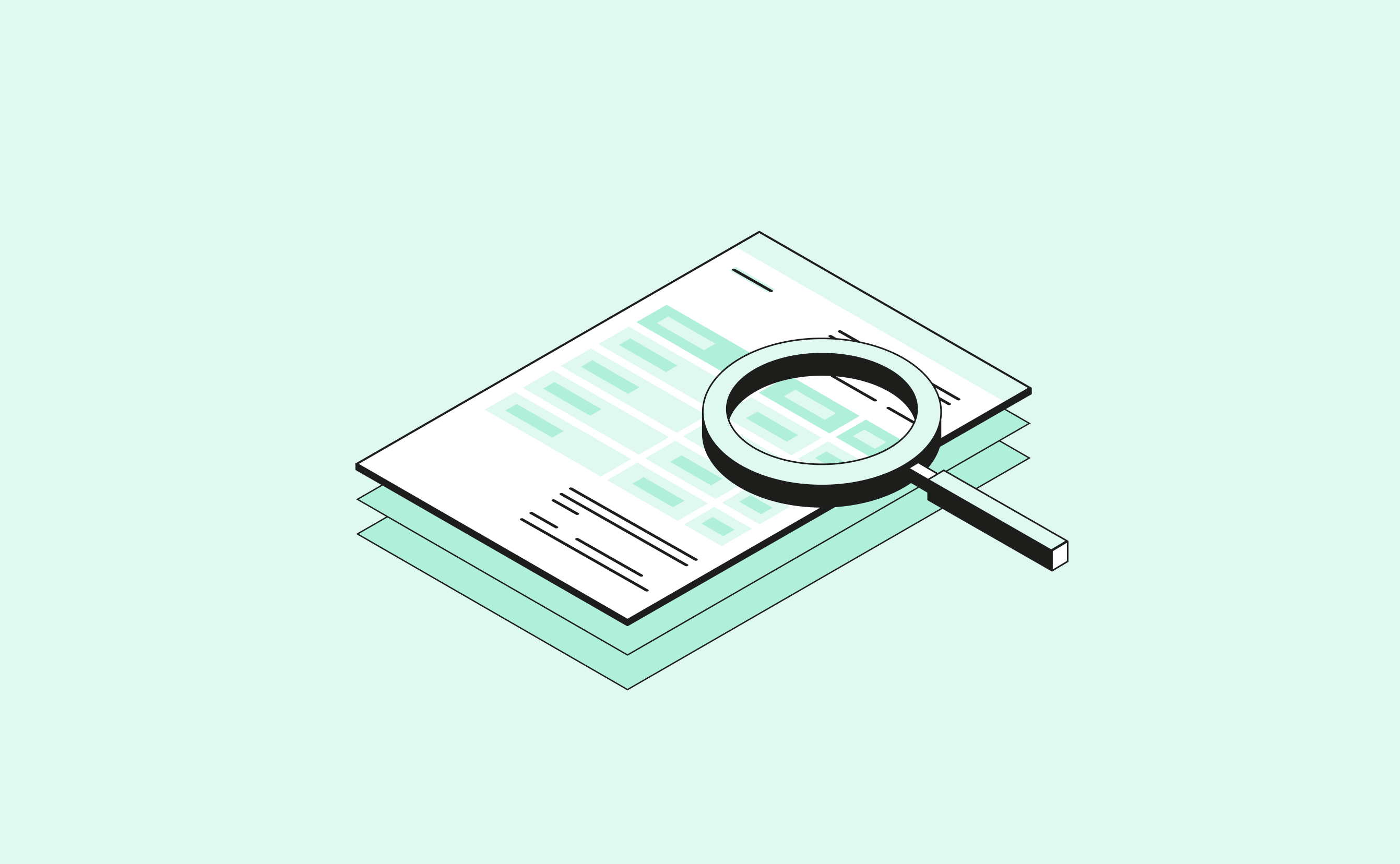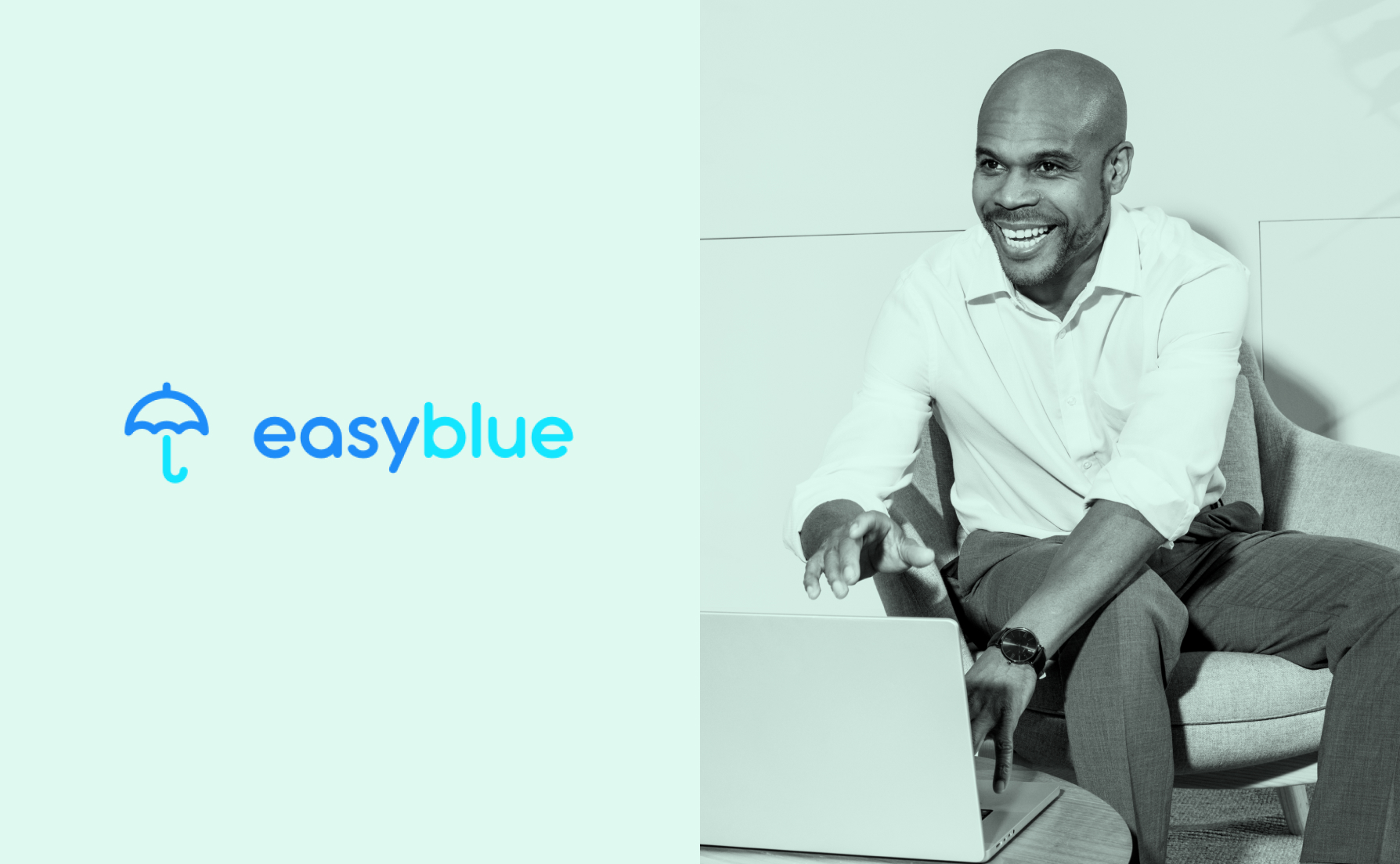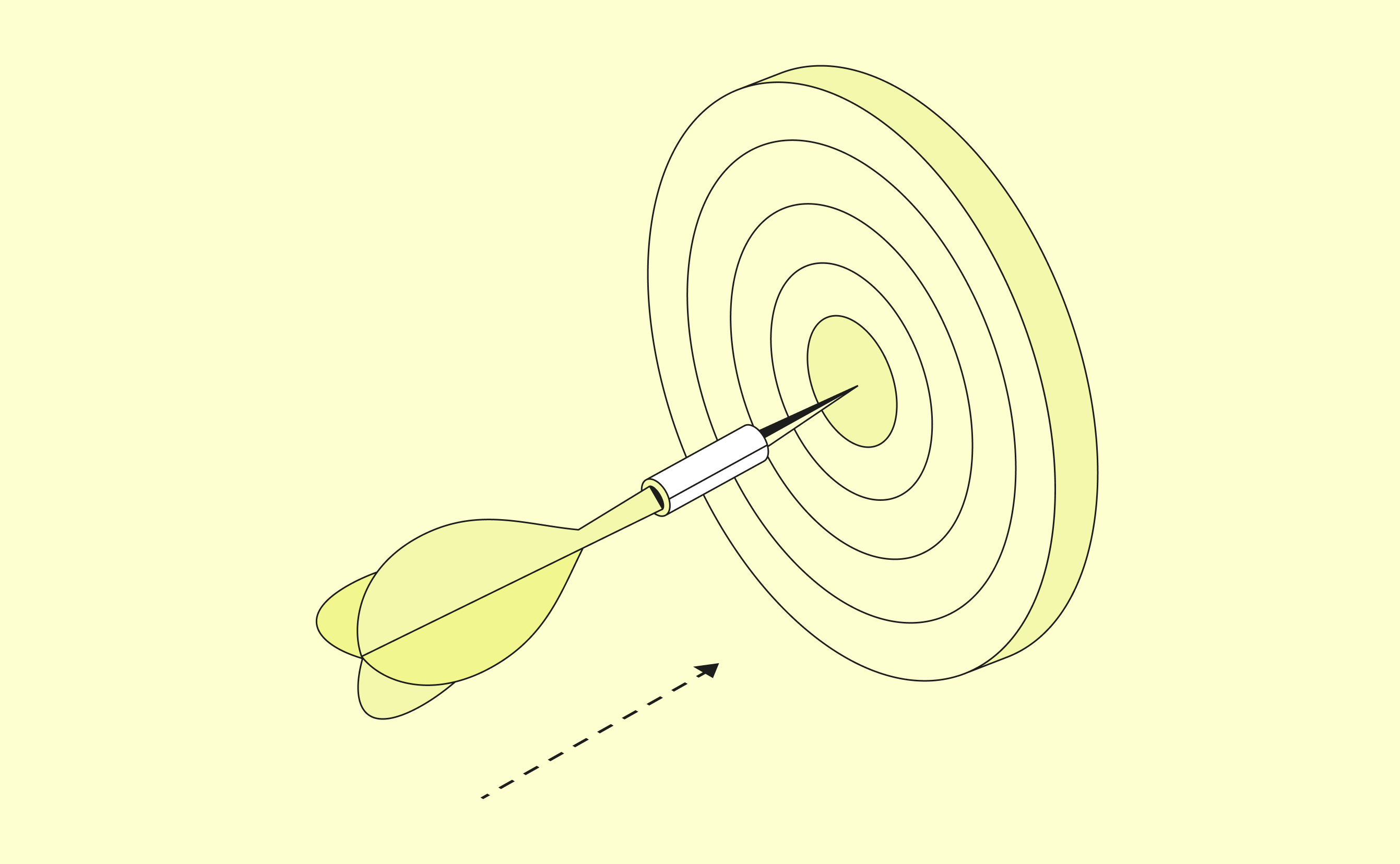When you look into it, there’s almost no situation against which you can’t insure yourself. Take for instance the London-based insurer which is liable in case one of its clients is abducted by aliens. Have you been meaning to cross ‘UFO insurance’ off your to-do list? Unlikely alien abduction aside, insurance is an important topic—especially for the self-employed, in both private and business matters. There are many options for those of you in these categories, and not all of them are necessary.
Insurance types for the self-employed in Germany


As a self-employed person, you are solely responsible for your social security. Employees will have this taken care of for them by their employees. This means that because you’re not subject to compulsory social insurance, you’ll need to take care of your own financial security, should you fall ill or get into an accident. The situation is the same with the unemployed or those on a pension. The option you do have as a self-employed person, however, is to join the statutory health and pension insurance as a voluntary member. You may also be eligible for voluntary unemployment insurance. Your individual situation as a self-employed person will determine whether you’re better suited to voluntary statutory insurance or private health and pension insurance.
Private insurance for the self-employed
As an entrepreneur it is still mandatory for you to be insured. Among the mandatory insurances are health and long-term care insurance or private liability insurance. How you organise this is up to you.
Health insurance for the self-employed: private or statutory?
In Germany, while these insurances are mandatory for the self-employed, you are still given a choice, which is not the case for employees. You can choose between statutory health insurance (GKV) or private health insurance (PKV). Choosing GKV will automatically insure you for long-term care. If you choose PKV, you will be required to pay for additional private nursing care insurance.
How is the statutory health insurance contribution for the self-employed calculated?
How is the statutory health insurance contribution for the self-employed calculated?
How much you pay for statutory health insurance is determined by your gross income. This is your income before taxes. It’s wise to invest in supplementary insurance for sick days, because unlike an employee you are not entitled to paid sick leave. This way you can remain insured against any loss of income while you’re sick. The cost of these supplementary payments will depend on which health insurance company you’re with.
How is the contribution to private health insurance for the self-employed calculated?
How is the contribution to private health insurance for the self-employed calculated?
Your benefits under statutory health insurance don’t differ much from company to company. This is not the case with private insurance.
Self-employed, but subject to social insurance
Pension insurance for the self-employed: private or statutory?
In contrast with health insurance, you’re not obligated as a self-employed person to take out pension insurance in Germany. You have the choice between taking out private pension insurance, statutory pension insurance, or adding private pension insurance to your statutory one. You can, of course, make no provisions for your retirement age if you wish.
Incapacity for work and occupational disability
Accident insurance for the self-employed: private or statutory?
Moreso than the employed, you as a self-employed person must plan accordingly to protect yourself in case of an accident. In Germany this is accident insurance, and whether yours is statutory or private will depend on the kind of work you do.
Voluntary unemployment insurance
You’re also liable to apply for voluntary unemployment insurance under certain conditions. Submit the correct application to the Agentur für Arbeit (Employment agency) within three months of being registered as a self-employed person. The form can be submitted online or in person. After these three months you can no longer apply for voluntary unemployment insurance.
Other private insurances for the self-employed
These are the following options for private insurance, available to both the self-employed and and employees:
- Private liability: Compulsory insurance in Germany, private liability insurance protects you from financial consequences of damage you unintentionally cause to someone else. When this happens, you will be held liable for the full amount and your liability insurance covers you up to the agreed amount.
- Household contents: Any damage caused to moveable objects in your house will be covered by household contents insurance. These objects include: furniture, electrical appliances, consumer electronics, bicycles, and valuables.
- Homeowners insurance: Think of this as covering the immoveable parts of your home, covering damage to the structure of your house and any parts connected to that structure: windows, doors, stairs, etc.)
- Private motor vehicle liability: Vehicle owners in Germany need motor vehicle liability insurance. With this, you’re covered by any damage caused to another driver. To include coverage of damage to your own vehicle you’ll need to add comprehensive or partial coverage.
- Private legal protection: With this, your legal interests in contract law, damage claims, labour law claims, misdemeanours, criminal offences, and traffic law are covered.
- Term life insurance: Term life insurance looks after your heirs or beneficiaries if you are to die unexpectedly. They will receive a fixed sum insurance.
Always keep an eye on your finances – with the Qonto Business Account.
Business insurance for the self-employed
Once you have your private insurances sorted out, you will need to protect against any business risks. Even a minor incident without insurance can spell the end of your venture and cause prolonged problems in the future. Many of these business risks will be out of your hands, too. If any of your employed staff inflict damage upon themselves or your business, you will be responsible for the costs. The risks against which you will need to be insured depend on the activities of your venture. View the types of business insurance below to decide which ones are most suited to you:
- Business liability
- Pecuniary damage liability
- Professional liability
- Business legal protection
- Business contents insurance
- Property and loss of earnings insurance
- Commercial credit or loss of receivables
- Company motor vehicle liability insurance
- Insurance for employees
- Other business insurances for the self-employed
Business liability
This is the most important business insurance for the self-employed. It protects you from damages claims by any third parties: customers, suppliers, visitors, and employees. Where corporation liability is limited to company assets, you as the sole proprietor are also liable for your private assets. To protect yourself, you should be insured with this type of insurance against any possible errors you or your employees might commit.
Liability for pecuniary loss
Where business liability insurance covers the mistakes of others, pecuniary loss is restricted to your own mistakes. Your insurer will examine the damages caused to third parties by you and settle claims accordingly.
Professional liability
While the previous two insurances are voluntary, you will not be able to practice certain professions without professional liability insurance. These professions fall into that category: architects, doctors and pharmacists, engineers, notaries, lawyers, tax consultants and auditors.
Business legal protection
With legal protection, you are covered for things like court costs, attorney fees and expert witness fees.
Business contents insurance
Like the private household insurance, with business contents insurance you are covered for any damages to moveable inventory in your place of business. You can insure yourself further with this, against glass damage and any damage to machinery and electronics caused by operating errors or technical failure.
Property and loss of earnings insurance
If your work is in manufacturing, it’s imperative to insure your business equipment against fire damage, burglary, water damage, glass breakage, and weather damage. Property and loss of earnings insurance will pay for profits lost due to these kinds of occurrences, as well as any ongoing related costs. Make sure when you select the coverage amount, you are covered to replace inventory and equipment at replacement value. You’ll need to extend your property insurance to include coverage of machinery and electronic equipment.
Commercial credit or loss of receivables
In the event that you grant your customer trade credit and they fail to fulfil the financial obligations of the credit, with this insurance you are protected against any bad debt losses.
Company motor vehicle liability insurance
Take note of this one if you use a vehicle in your business activities. Adding benefits to the cover depends on the vehicle’s age, value, and the area in which you use it.
Insurance for employees
If you have employed staff, you’re responsible for their social security contributions and will bear the costs of their statutory accident insurance. You may also provide your employees with company pension insurance.
Other business insurances for the self-employed
Below are some additional insurances, more specific to the types of activities you might perform with your business:
- Business interruption insurance replaces ongoing costs for rent or salaries.
- As an entrepreneur, you are responsible for supplying your customers with safe and technically flawless products. Cover any damage caused to these products with product liability.
- With transport insurance you protect the products and goods leaving your warehouse and arriving at the customer’s location. Any damage caused along the way will be covered.
- Cyber insurance, increasingly important today, covers you of any damage from cybercrimes committed by hackers or phishing attacks etc.
- Environmental liability insurance covers damage that pollutes the soil, water or air.
- Fidelity insurance is for damages caused by embezzlement, misappropriation, theft, forgery, fraud and other property crimes.
- D&O insurance will cover losses incurred by third parties if they breach their duties as company executives.
The perfect insurance cover for the self-employed
Everyone in Germany is required to be insured, both for their immediate health and for long-term care. Certain occupations require statutory accident insurance or professional liability insurance to continue their activities.
Further insurance options for the self employed, covering your private and business risks, is optional, however many of these options are highly recommended. Self-employed status means that you are responsible for insuring yourself appropriately, so you should be well informed about all the options and choose accordingly. Make sure you take into account legal liabilities, loss of earnings, and any potential risks to your health which will affect your ability to work.
We can’t give you an answer to which insurances you should take on, because every self-employed person’s business is unique. Hopefully however, this guide has clarified some of the major ones and will assist you in making your decision.
- Self-employed persons are not subject to compulsory social insurance
- They are solely responsible for their own private and company coverage
- In addition to compulsory insurances such as health and long-term care insurance, private liability and, if applicable, professional liability, other optional insurances cover private and business risks




